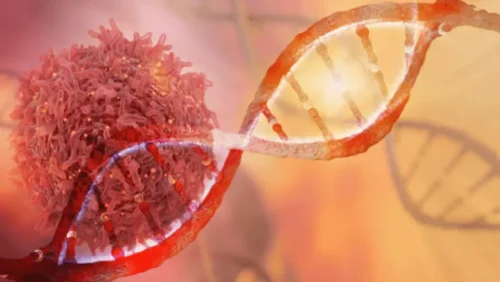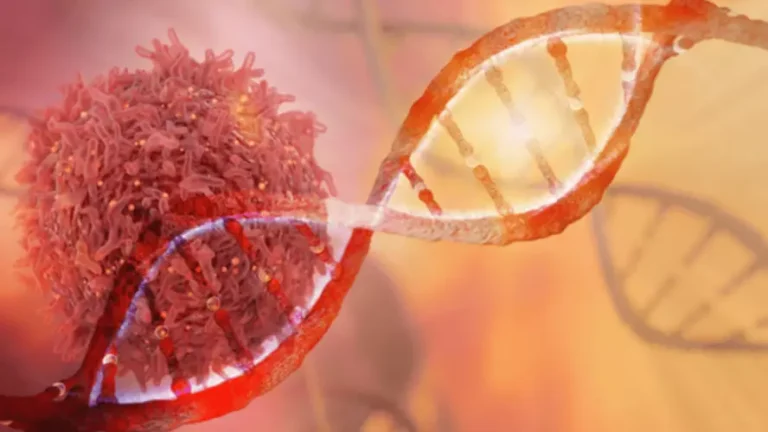
When someone consumes alcohol, they may not feel the full effects for a while. Factors like age, body weight, and rate of consumption all affect the rate of intoxication. They can no longer stand, let alone walk, and may also be throwing up. They might just pass out at this point, and they must be cared for because it is also possible that their gag reflex will be affected. Choking on one’s vomit would be disastrous and may even be fatal, so we have to monitor people reaching this stage closely.
What are the Symptoms of Alcohol Intoxication?

Get all the tools you need to understand how alcohol affects the body, along with alcohol safety best practices and tips, when you take Userve’s Alcohol Server / Seller Training. Those around the person will likely notice that they are visibly drunk.
How Long Does Alcohol Stay in Your System?
- Even with these averages, however, there will always be variations in different experiences and individuals.
- If you or someone you know experiences these symptoms, seek medical help right away.
The more alcohol a person consumes the more intoxicated and impaired they become. Thus, developmental outcomes can be studied prospectively in a fraction of the time it takes to complete a comparable human prospective developmental study. Nonhuman primates are ideal for studying many in which stage of intoxication does an individual become aggressive aspects of human alcohol psychopathology. Nevertheless, some features of human alcohol-related psychopathology exist that non-human primates do not model as well as they do some other features.
Difficulties in Studying Alcohol-Induced Aggression in Humans
Someone at this stage of intoxication may need emergency assistance for survival. Without medical intervention, the individual could die due to respiratory arrest, asphyxiation, or seizures. No two people who drink alcohol experience the exact same effects. Reaching the Stupor Stage can be very dangerous and even fatal for a person.
- It’s important to know the seven stages of intoxication to understand the seriousness of heavy alcohol use and the devastating consequences that may result.
- Social learning, e.g. experiences with friends or relatives who exhibit aggressive behavior under the influence of alcohol, plays a key role in the onset of alcohol-related aggression.
- When someone consumes alcohol, they may not feel the full effects for a while.
- If a loved one is habitually struggling with alcohol intoxication, you must speak to him about alcohol rehabilitation treatment.
- At this stage, those around the individual will likely notice that they are visibly intoxicated.
- As intoxication becomes severe, all of these symptoms heighten, and a person experiencing them may vomit, black out (lose their memories of the evening), and eventually lose consciousness.

Their movements are even more impaired as they become more prone to dizziness and falls. A person in the Severe Impairment Stage can also become numb and insensitive to pain. Because the amount of alcohol needed to reach various states of intoxication can vary depending on the individual, what might be a fatal dose for one person may not be for another. The findings were explained by emphasizing that concern for the future involves greater prefrontal cortex resources that help inhibit the excessive impact of alcohol. Cognitive training that focuses on improving the ability to delay gratification could help in this regard (20) and thus positively affect abstinence outcomes (21).
Possible Complications of Alcohol Intoxication
Alcohol percentage is determined by the amount of alcohol in which stage of intoxication does an individual become aggressive consumed, the time in which the alcohol was consumed, and body weight. Eating prior to, or while drinking, may also temporarily influence BAC, reducing its effects. Typically, men require more alcohol to achieve the same BAC as women.

In extreme cases, serious breathing issues can occur.8 Other dangers include a higher risk for injury from fights or accidents. They do not know what is going on and cannot remember what happens, making it very dangerous. Unless their tolerance level is extremely high, someone at this stage will lose all motor control and the ability to Alcohol Use Disorder react to stimuli. They may experience an increased pain threshold and may not feel the effects of an injury until later. If you have one standard drink, your BAC will probably not surpass 0.05%.
Swallowing everything, including their vomit, could result in death. The following are some signs that an individual may be experiencing critical alcohol poisoning and need immediate medical attention. Even with these averages, however, there will always be variations in different experiences and individuals. Therefore, some evidence indicates that as with nonhuman primates, being brought up in a less favorable environment may adversely affect CNS serotonin functioning in humans. Predicting which individuals will become violent after consuming alcohol in real-world settings remains elusive, however. Because reaching the later stages of being drunk can be life-threatening, it’s important to recognize the signs of alcohol abuse and addiction and seek treatment as early as possible.
Death
At this stage, 1 out of every 400 milliliters of blood in the body is alcohol. Alcohol poisoning can occur and key body systems can begin to shut down, at which point the person should get medical care or risk dying. Someone in this stage usually needs immediate medical help to survive. People who are left to “sleep it off” may end up experiencing hazardously slowed breathing or complete respiratory arrest, or they may aspirate on their own vomit. For some, it may be as innocuous as taking a message from a previous relationship. For others, in which stage of intoxication does an individual become aggressive or withdrawn and sleepy though, the promise of getting behind the wheel is a matter of life and death.
Addiction Programs
When a person has consumed quite a few alcoholic drinks, the effects of the alcoholic stupor stage will become stronger. Individuals might have exaggerated euphoric episodes, and their equilibrium may be lacking. This might be the stage during which they experience massive confusion or even blackouts. There are six stages of alcohol intoxication, and specific symptoms characterize each stage. It’s essential to be aware of these stages, as they can help gauge how intoxicated you or someone else may be.


